
We all come across those know it all friends or acquaintances that only eat organic foods because they want what’s best for their families.
Blah, Blah, Blah!
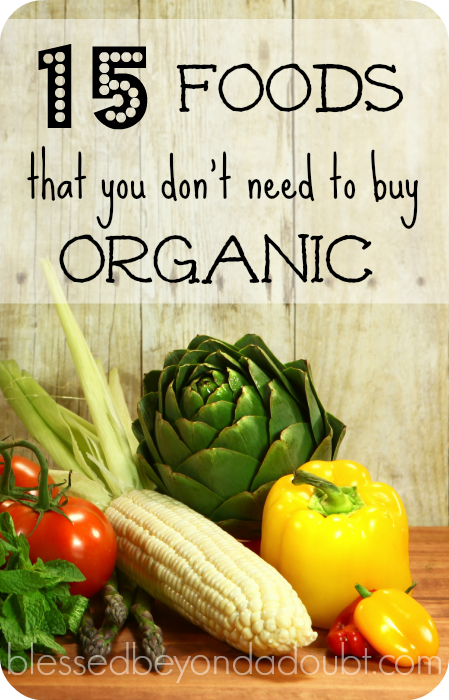
The truth of the matter is that we all want to eat healthy foods that don’t contain pesticides. Duh? Right? However, organic food is much higher priced than non-organic. It can range up to 50% more if you’re not observant.
Being a single mom, I must remain on a strict grocery budget and make wise choices when feeding my children. After doing some research, I decided that I was not going to waste our money on groceries that really didn’t make sense if I bought organic or not due to the amount of pesticides used during their growing process.
A rule of thumb is…. it is not necessary to purchase organic produce that has a thick skin. Pests are unable to get to the fleshy part of produce making it unnecessary for farmers to use pesticides during growing season.
15 Organic Groceries That Are a Waste of Money
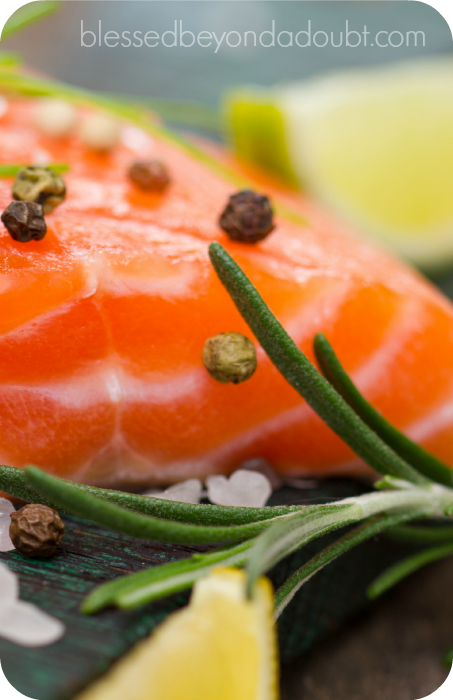
- Seafood. There is no such things as organic seafood. The USDA doesn’t provide organic standards for seafood such as shellfish or salmon. If you happen to see an organic seafood label, don’t be fooled. It’s not by the USDA standards, but by an individual or European standards.
- Onions. Pests have a hard time munching through all those layers of skin. The bulb is grown underground keeping those tree pests away. Onions also have a natural aroma which makes pests want to stay away kinda like when your husband eats a burger with tons of onions.
- Cabbage. Is on the Clean Fifteen list. Pests aren’t too keen on the taste of cabbage either.

4. Sweet Corn. The USDA found no detectable pesticides or chemicals on any of the corn they tested in 2013. So make your kids husk that corn and stick to the sale priced corn in the summer.
5. Pineapples. You know those sharp prickly skin those suckers have? The thick pineapple skin tends to make pests scream in anguish too when being stabbed by the prickly boogers. Ouch!
6. Broccoli. It’s grown in cooler weather when pests haven’t yet hit with full force. Always purchase broccoli with tight florets and green leaves.
7. Asparagus. Is also on the Clean Fifteen list containing little to no pesticides.
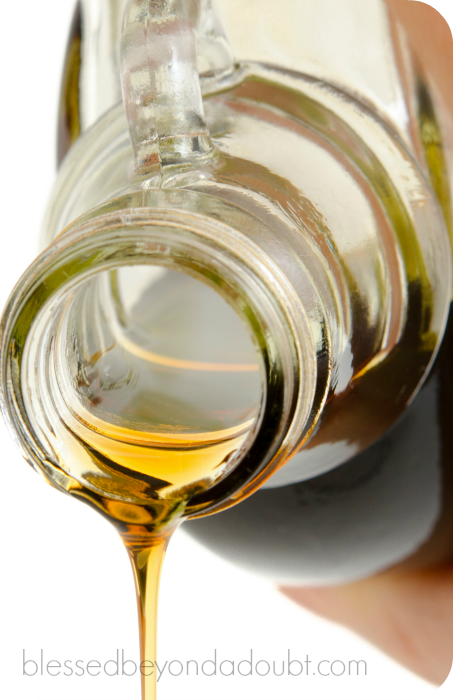
8. Maple Syrup. Organic and nonorganic maple syrup is pretty much created the same way, State licenses and annual inspections are required by the USDA in both making organic and nonorganic maple syrup.
9. Quinoa. It doesn’t require as many pesticides since it has a rich durable coating that contains bitter and sour tasting natural chemicals that keep those pests away unlike most other grains.
10. Bananas. Just peel those suckers, pests can’t figure out how to get through those thick peels.
11. Papayas. They have thick skins that protect the juicy insides of the fruits from absorbing any pesticides.
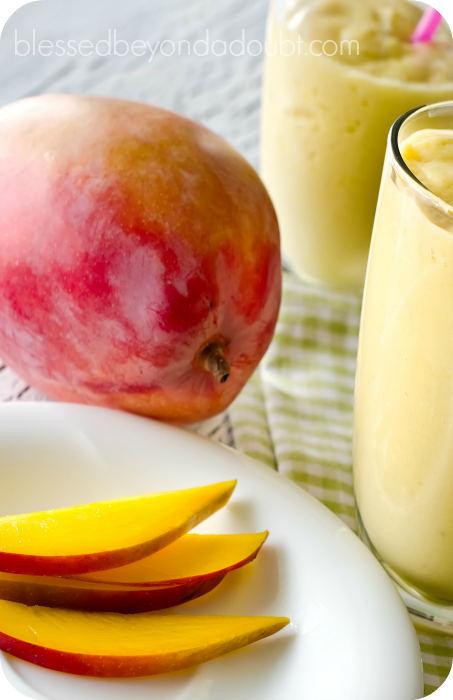
12. Mangos. Yes, peeling those babies are not my favorite thing to do, but the thick skin protects the fleshy fruits from absorbing the chemical sprays while growing.
13. Grapefruits. These tropical fruits are another one of the Clean Fifteen produce that has very little pesticides.
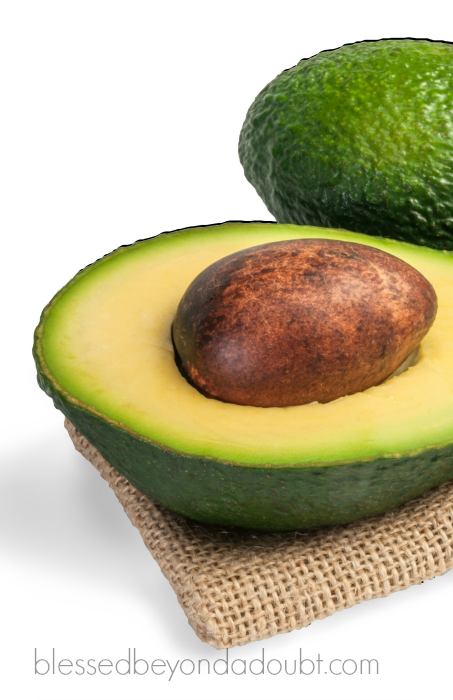
14. Avocados. I’m thankful for those thick skins that protect the divine fleshy insides of the fruits from absorbing any pesticides sprayed on them while growing. They are also on the Clean Fifteen List. Have you tried grilling avocados?
So, don’t go wasting your hard-earned money on buying organic groceries that aren’t necessary. Education is the key on making smart choices, so next time your snobby friend tries to convince you that you need to purchase 100% organic, you can tell them otherwise. Or better yet, direct them to this post.
Can you think of another food that you don’t need to buy organic?










I used to hear that foods with thick skins were safer because the pesticide wouldn’t leach into the flesh of the fruit. But I’ve recently learned that there are different kinds of sprays. Some are sprayed on the outside of the plants and others are absorbed through the roots and therefore into the fruit itself. A friend told me to buy organic bananas since they actually require a ton of pesticides. Here are a few articles to reference. http://www.ewg.org/foodnews/clean_fifteen_list.php and http://www.chemservice.com/news/2014/08/why-do-bananas-require-so-many-pesticides/ and http://www.motherjones.com/blue-marble/2010/03/econundrum-12-most-contaminated-fruits-and-veggies
Not necessarily regarding pesticides, but isn’t somewhere around 90% of corn in the US GMO? Wouldn’t organic guarantee it’s not GMO? Thinking that’s important as well!
Dunno about avocados. Not all regular avocados do it to me, but a sizeable chunk of the time I have an allergic reaction (“real” allergy — itchy mouth, hives around my mouth and my lips swell up) to regular avocados. I have never had this reaction to organic avocados, even though I’ve eaten those regularly the last several years. I assume it’s something (not necessarily pesticides — a friend has a theory that it’s actually a ripening agent that I’m reacting to) that they can put on regular avocados but not organic ones. OTOH, it may be that whatever I’m reacting to really is harmless to everyone else, and I just have a weird allergy to it.
Thank you for this list. As another single mom I hear you on having to make wise choices. I’m thrilled to hear that cabbage is on the clean 15 list.